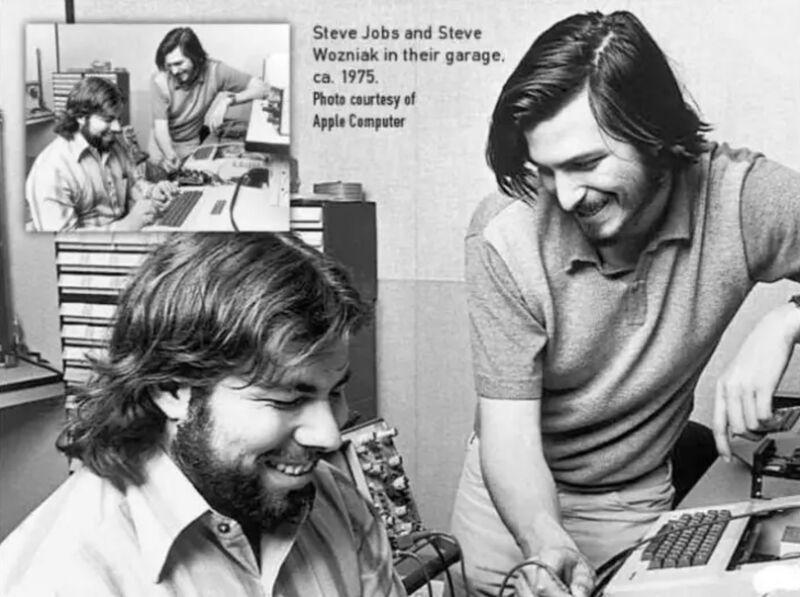I met a CEO last week who made me fear for his company’s future. In his corner office – all mahogany and market reports – he leaned back and said something chilling: “Our industry hasn’t really changed in three decades.” He delivered this line like it was a badge of honor, not a warning sign.
It reminded me of Chegg’s story. Remember them? The homework help giant worth $12 billion? They had it all figured out – market dominance, steady growth, predictable future. Then ChatGPT appeared, and in just four months, their empire crumbled. Seventy percent of their value, gone. Not because they were incompetent, but because they were comfortable.
The thing about disruption is it’s like a tsunami. By the time you see it from your corner office, it’s too late to build a boat. Somewhere right now, in a garage that doesn’t match your marble lobby, someone is completely rethinking your industry. They’re not weighed down by “the way things work.” They’re not protecting a legacy. They’re building its replacement.
You see, the most dangerous kind of bankruptcy isn’t financial – it’s the bankruptcy of imagination. The belief that your industry is “different,” that your success is “protected,” that your experience is a shield rather than a blindfold. Just ask Chegg about their view now, if you can find someone who still has an office there.
The question isn’t whether disruption is coming to your industry. It’s whether you’ll be the disruptor or the disrupted. Whether you’ll be writing the future or becoming a cautionary tale in someone else’s PowerPoint presentation.

